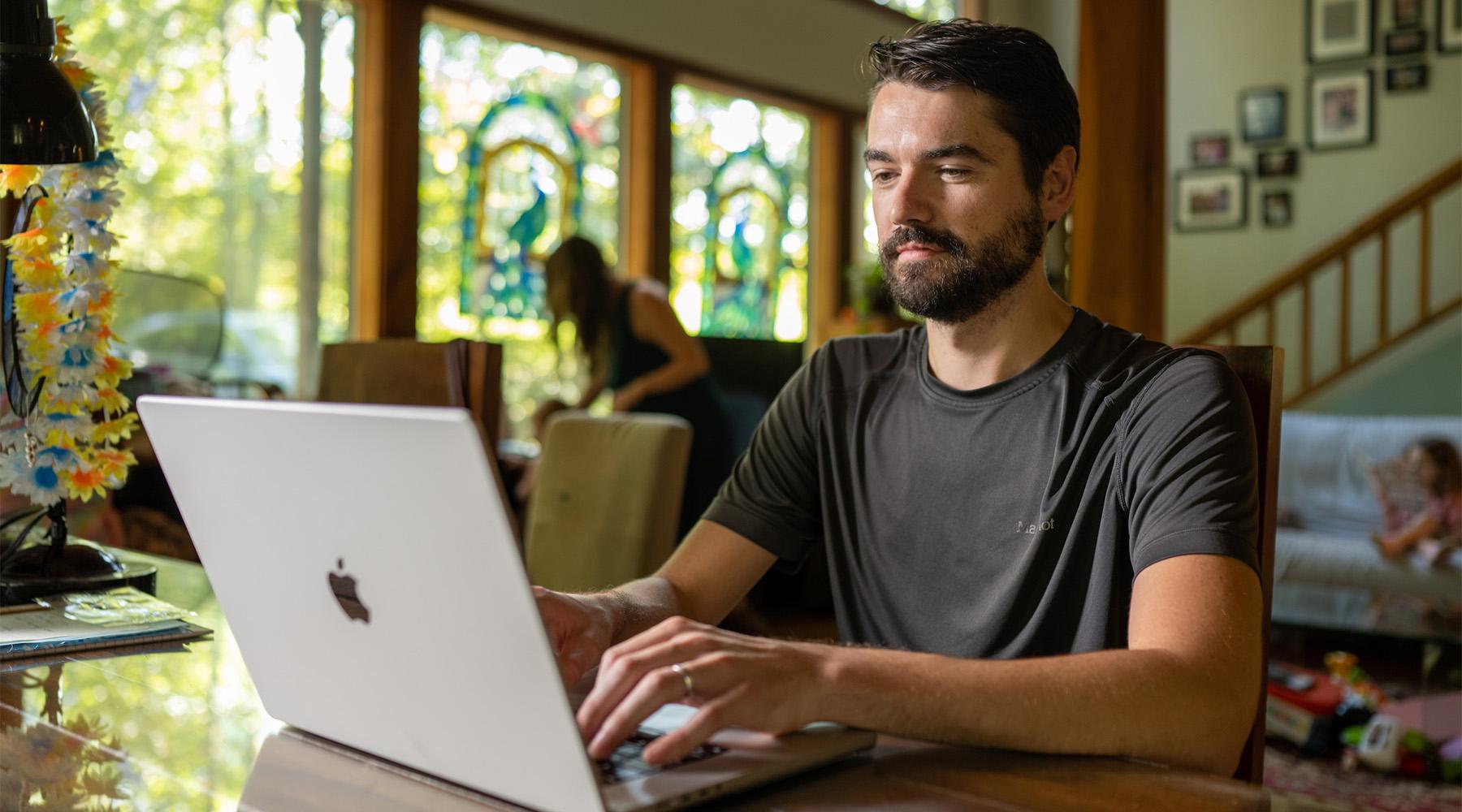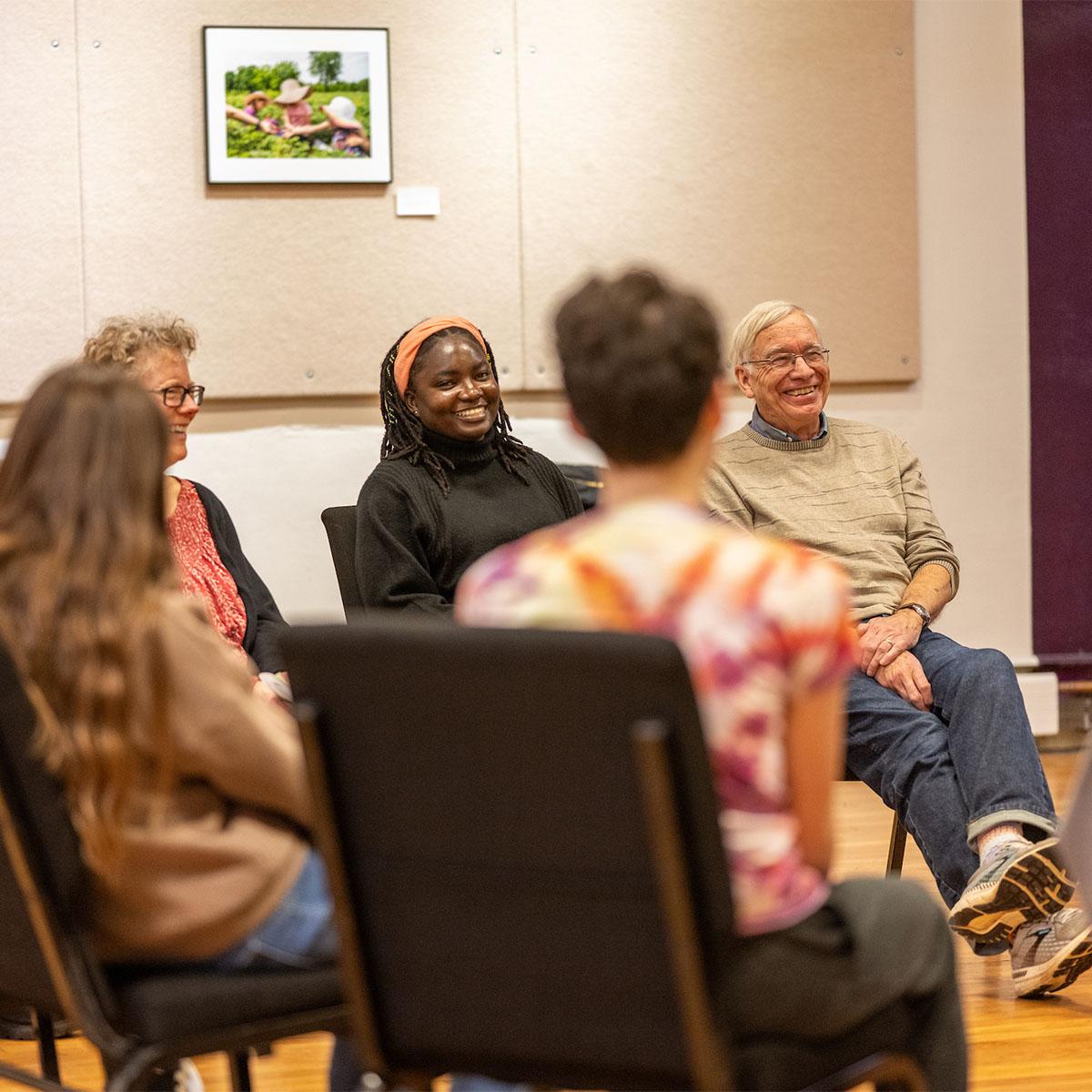
The annual Rooted in Wellness: Holistic Approaches to Prevention in Southern Ohio conference brings together local and state experts who are passionate empowering the next generation to develop resilience that will help them as they face the challenges of life. Learn more about the conference, including session and speaker information and benefits for attendees.
